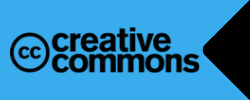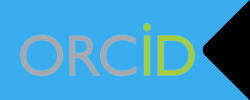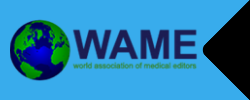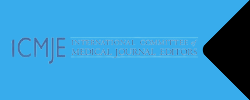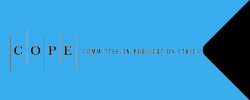Invitation to Join Our Editorial Board
Invitation to Join Our Editorial Board
Dear Colleagues,
We are pleased to invite you to join the editorial board of our journal, aiming to enhance quality and foster interdisciplinary collaboration in scientific publishing. Your expertise and participation will make valuable contributions to our peer-review process and scientific vision.
For those interested in applying, please contact: [editor@europeanatolia.com]


